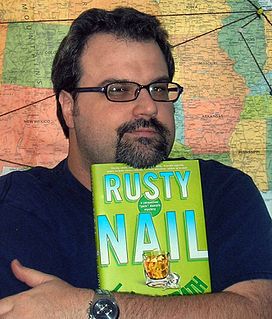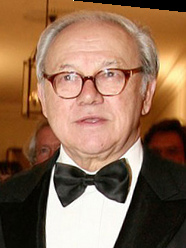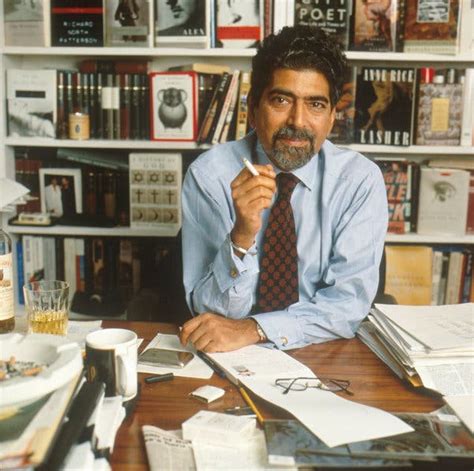A Quote by J. A. Konrath
A company doesn't have to compete with Amazon. A company can instead innovate in sectors Amazon doesn't presently care about.
Related Quotes
When you take a look at the transition from server software to Azure, what's going on in terms of cloud infrastructure, the company is absolutely the No. 1 company serving enterprise backbone needs, which is fantastic. It's making the migration to cloud. We started a good thing with Azure, and the company has made well more than two years of progress in terms of being able to compete with the right cost profile, margin structure, and innovation versus Amazon.
Amazon is certainly not a perfect company. However, doctors, teachers, engineers, journalists, politicians, and labor unions are also on a continuum of consciousness, and none are perfect either. It is easy to judge and find fault with any company if that is what one's ideological biases wish to see.
There are lots of retailers that are now scrambling to emulate the Amazon model, so Amazon does not have a monopoly on same-day distribution or broad selection or low prices. All that said, there are advantages that accrue to the largest player, so I don't see much in the way of Amazon slowing down.
If organizations are focused on a purpose, something that will make the world a better place and leave a big impact, people can rally behind that mission. If a company is only about making money, it's hard to unleash passion. If there's a big WHY that the company is working to solve, passion will flow like the amazon.






































